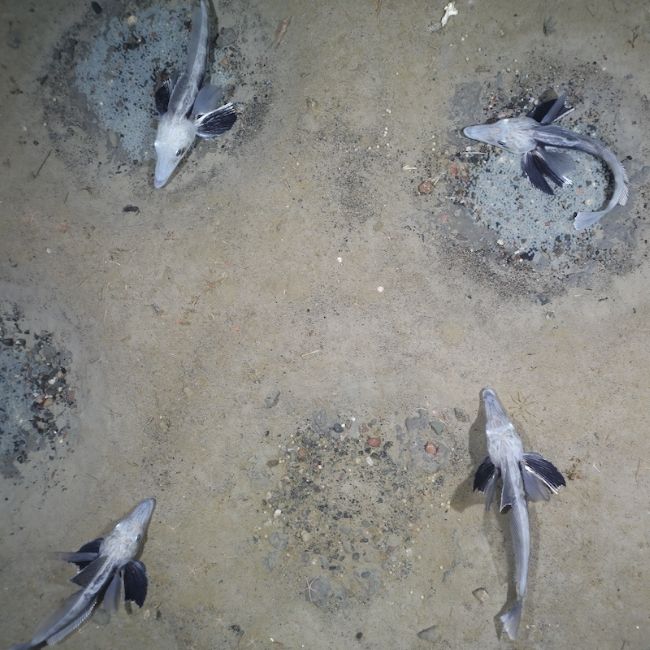
Large Icefish Breeding Colony Discovered in Antarctica!
Recommended for Preparatory Grades
Researchers discovered 60 million icefish nests in the Southern Ocean off the coast of Antarctica. The nurseries are the world’s largest icefish reproducing colony. The large icefish breeding colony was discovered in Antarctica on the seafloor of the Weddell Sea.
What is Icefish?
Icefish are a group of fish that only live in Antarctica. They are very different from other types of fish. It’s because Antarctic waters have a lot of oxygen in them that the ice fish can live with less haemoglobin.
What is haemoglobin?
Haemoglobin is a protein that carries oxygen to other parts of the body.
The Weddell Sea
The Weddell Sea, a part of the Southern Ocean that is off the coast of Antarctica, is known for having a lot of wildlife. The 2,000-km bay is home to a lot of seals, penguins, and sea mammals because the water is rich in nutrients.
The Weddell Sea is a place that has a big impact on the world’s climate and the movement of ocean water. Strong winds and a lot of pack ice make it hard to get around.
Check out this interesting video on “The Weddell Sea” shared by the “Royal Geographical Society”.
The joys and excitement of discovery!
Many fish nests were seen by researchers on a monitor aboard the German research vessel Polarstern, which they saw thanks to a camera system that was towed behind the vessel. The joy was great.
The longer the mission went on, the more excited the team became. Finally, they couldn’t believe what they were seeing: one to two active nests per square metre on average, with one to three nests per square metre possible.
Each nest had about 1,700 eggs, and they came from a type of crocodile icefish. People call icefish “white-blooded fish” because they don’t have any haemoglobin in their blood, which makes them the only marine mammals that don’t have it.
Check out this interesting video on “The Icefish” shared by “Deep Marine Scenes”
At Curious Times, we absolutely love what we do. So, we strive each day to provide our little readers with the best experience and news. In addition, Curious Times Weekly, The Curious Magazine, and My Expressions are just a few ways for us to reach out to our readers. Thus, we present our readers with exciting and interesting content.
All over the world, school children find value and love our content! So, we want to be better each day, and continue to seek your valuable feedback. Above all, that helps us to serve you better. Thus, what kind of news topics interest you? Write to us in the comments section below. Because we love to hear from our little readers. You could also connect with us via WhatsApp, Instagram, Facebook, Youtube, Twitter, LinkedIn.
0 (Please login to give a Curious Clap to your friend.)
